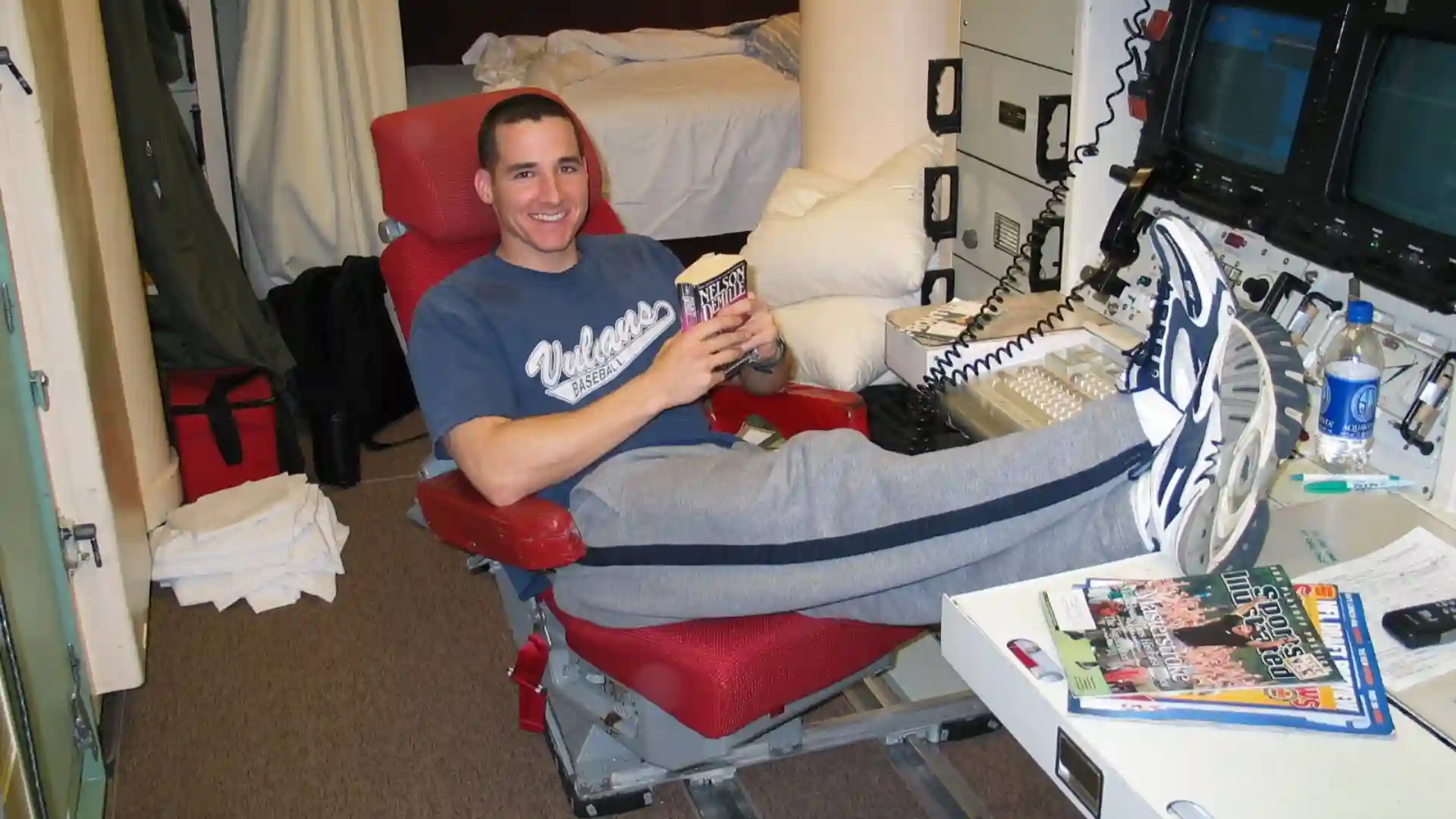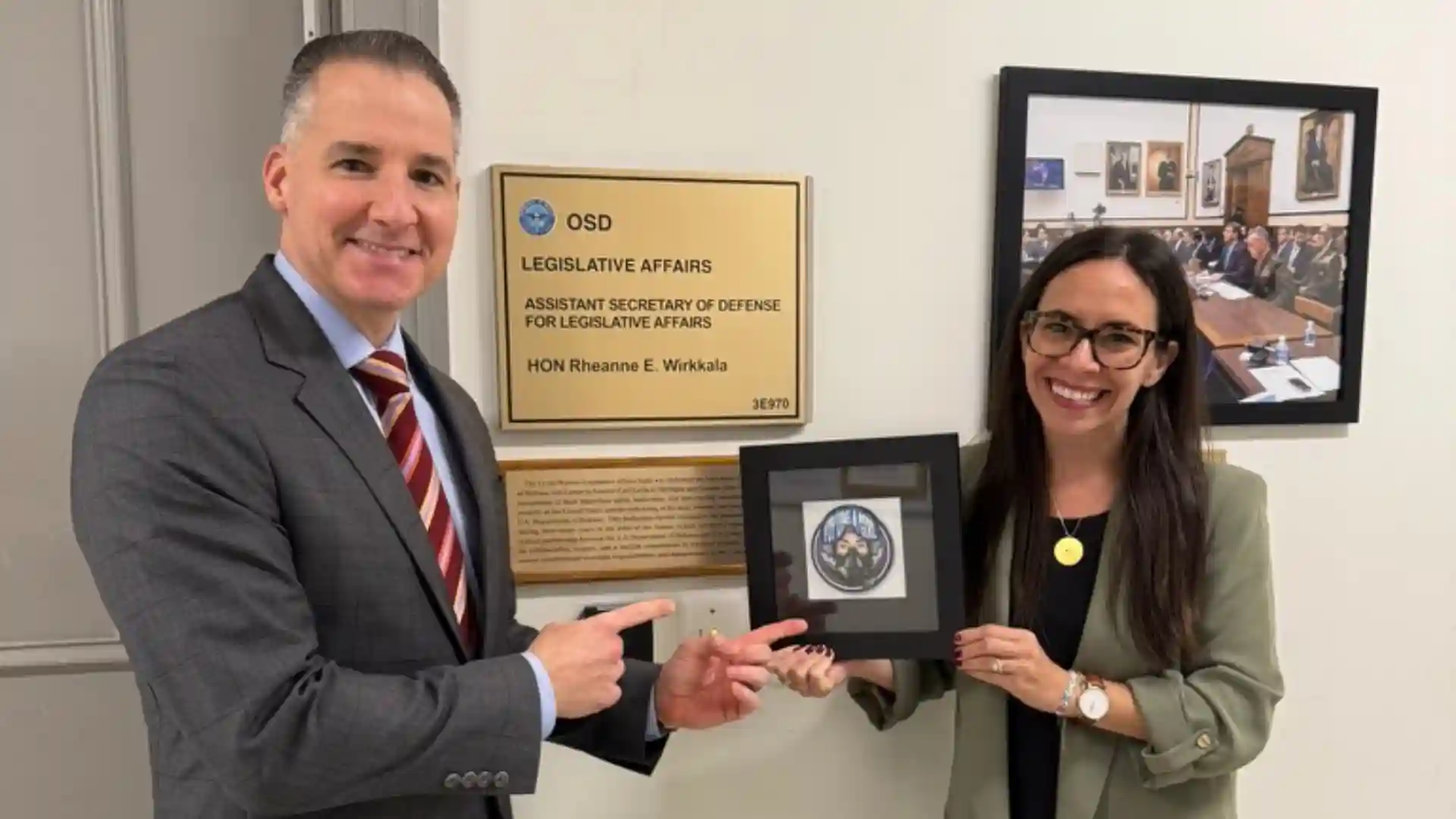Leadership is the cornerstone of business success. Whether you’re building a startup or running a large company, your ability to guide a team through chaos can make or break your mission. Sure, business schools help shape leaders. But I’ve learned some of the best lessons don’t come from classrooms; they come from lived experience. That’s why more and more leaders are stepping out of military boots and into boardrooms.
I’ve worked alongside veterans who once led troops through combat zones and now manage product launches, mergers, and fast-moving markets. I’ve seen how their calm under pressure changes the way businesses run. These leaders bring something powerful: a mindset shaped by real-life experience, not theory.
One of the best ways to learn from them? Tune in to the growing world of podcasts focused on veterans in business. Voice of Valor is one of my favorites. It’s where you hear real stories from veterans making the leap. Their stories are full of grit, heart, and lessons that stick.
Table of Contents
ToggleHow Military Training Shapes Effective Business Leaders
Discipline and Decision-Making Under Pressure
When people hear “military discipline,” they often think strict routines. But in business, it means showing up, staying focused, and keeping your cool when everything feels like it’s falling apart. I remember a project early in my career where the timeline crumbled and tension ran high. A retired Marine on our team calmly laid out next steps like it was just another day. He reminded me of the discipline I’d seen in my own service days and how valuable that calm can be.
On Voice of Valor, veterans often share how their training taught them to lead under pressure. One guest, a Marine now directing a supply chain team, talked about using battlefield decision-making to keep his team moving during the pandemic. That story hit home for me. I’ve been in those moments tight deadlines, unexpected changes and it’s that trained calm that gets you through.
Strategic Thinking and Mission-Driven Execution
Military leaders don’t act on impulse. They plan. They adapt. They move with purpose. And that carries straight into business. From launching products to building teams, veterans often use clear frameworks like the OODA loop: Observe, Orient, Decide, Act.
I once led a cross-functional team through a last-minute pivot. We were losing time, resources, and energy. I remembered what I’d learned from a Navy vet turned mentor: break the problem down, focus on the mission, and act fast. That approach saved us.
On Voice of Valor, a Navy veteran turned tech CEO talks about using those same skills to manage software rollouts under pressure. That mindset—plan, execute, adapt—is why so many veterans thrive in high-stakes business roles.
Leadership Lessons in the Corporate World
From the Battlefield to the Boardroom
What I love most about Voice of Valor is that it doesn’t just highlight success. It highlights transformation. These veterans didn’t just switch jobs; they built whole new lives while holding onto the core values that made them great leaders.
Michael Komorous shared how his Marine Corps background taught him to take initiative and care for his team. I related to that. In one of my toughest roles, those same principles kept my team strong during tough budget cuts.
Then there’s Amanda Evans, who brought her Navy experience into nonprofit leadership. Her story reminded me of a friend who did the same, turning mission-focused leadership into a powerful force for community impact. These stories aren’t just inspiring; they’re roadmaps.
Real Examples from Podcast Guests Who Transitioned
Voice of Valor doesn’t hold back. It brings you into the room with veterans who’ve made the leap. Justin Henderson, a former Army Captain, talks about using “commander’s intent” to build a culture of accountability. That concept stuck with me when I launched a small team—giving people the goal and the trust to get there made all the difference.
Another guest, a retired Air Force intel officer, uses his skills to run a data analytics firm. He explains how his ability to analyze complex reports now helps him decode customer trends. It’s a perfect example of how battlefield skills can fuel business insight.
These aren’t just stories; they’re blueprints full of real takeaways for anyone trying to lead well.
Business Benefits of Military Leadership Mindsets
Teamwork and Trust-Building
If you’ve worked with veterans, you know: teamwork isn’t optional. It’s a lifeline. In the military, you rely on your team like family. That carries into business—tight collaboration, deep trust, and a focus on shared goals.
One guest on Voice of Valor talked about daily team check-ins, like stand-to meetings in the service. I introduced something similar at one point, and the results were amazing: better communication, stronger morale, and real trust.
Veterans lead with respect, not ego. That builds loyalty and lowers turnover. It’s leadership by example, and it works.
Adaptability in Changing Environments
Change is the one thing you can count on, both in combat and in business. Veterans know how to pivot. On Voice of Valor, a Marine turned real estate entrepreneur shared how he shifted mid-launch due to market changes. I’ve faced that moment too—where you either freeze or adapt. Thanks to lessons I picked up from vets, I chose to adapt, and it paid off.
This kind of adaptability is earned through experience. It’s not just about reacting; it’s about responding with clarity and speed. And that’s a huge advantage in today’s fast-paced world.
Why Podcasts Like Voice of Valor Are So Impactful
What makes these podcasts powerful isn’t just the stories—it’s the honesty. You’re not hearing polished speeches. You’re hearing real conversations, where veterans unpack their wins, losses, and everything in between.
When I listen to Voice of Valor, I don’t just learn—I connect. I hear reflections that sound like my own. I hear reminders that service doesn’t end when the uniform comes off. These stories validate that leadership born in the field has a place at the conference table too.
Podcasts like this bridge the gap between military and civilian leadership. They show what’s possible, and they offer mentorship in the form of real, raw storytelling.
Conclusion
Military leadership is not about barking orders; it’s about purpose, clarity, and heart. It’s about staying focused under fire and lifting others up while you do it.
Veterans bring a leadership style built on trust, discipline, and adaptability. They’re not just good at business—they’re often the best.
Voice of Valor is more than a podcast. It’s a bridge between two worlds. If you want to hear what real leadership sounds like, these episodes are the place to start.
As we look to the future, the business world could learn a lot from those who’ve led through the toughest missions of all. And as someone who’s walked both roads, I can say this with confidence: the voice of valor is worth listening to.







